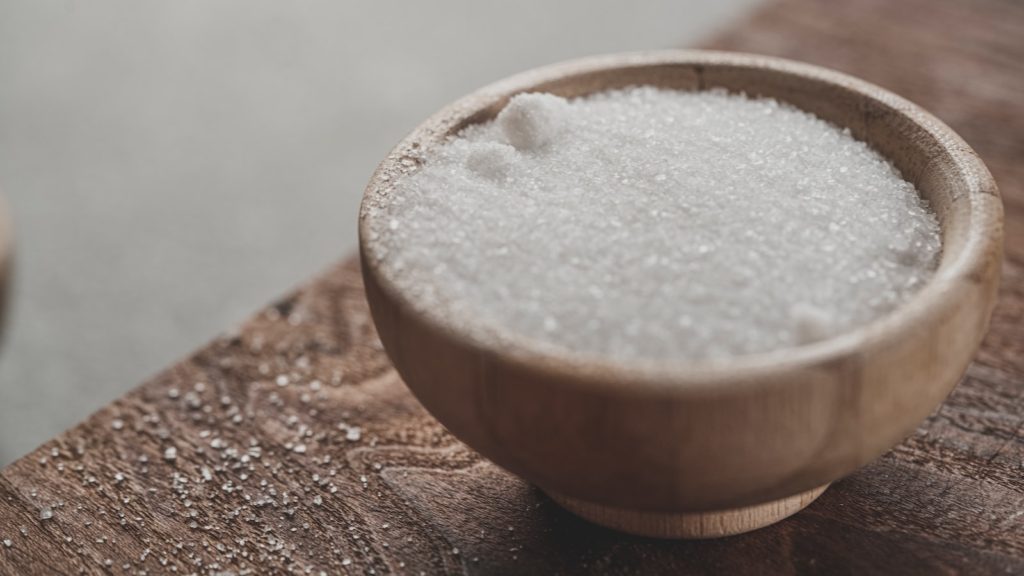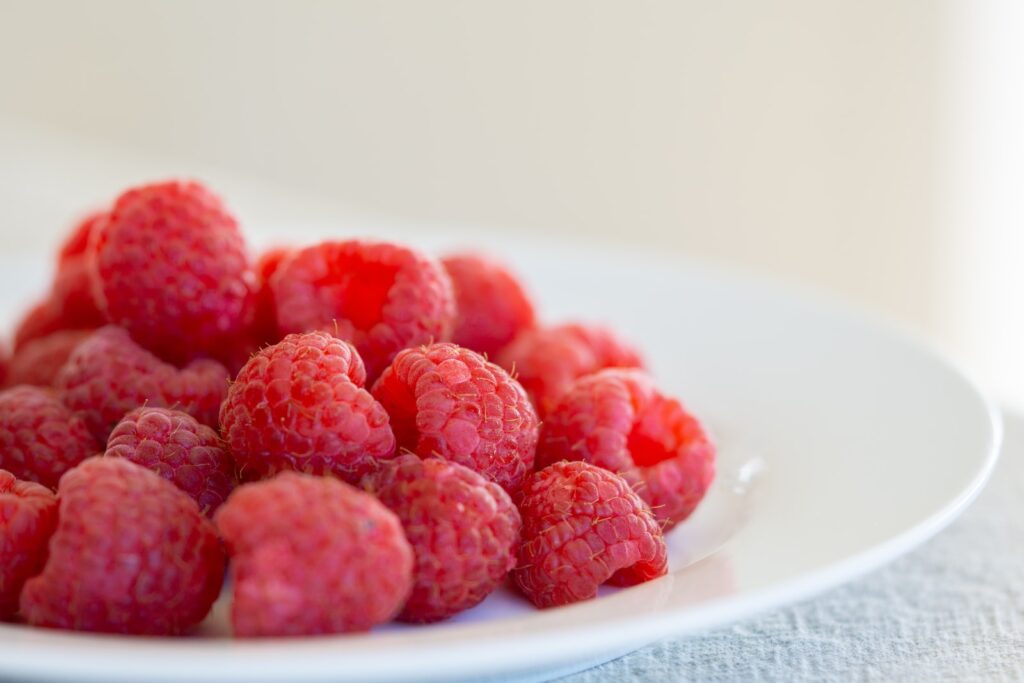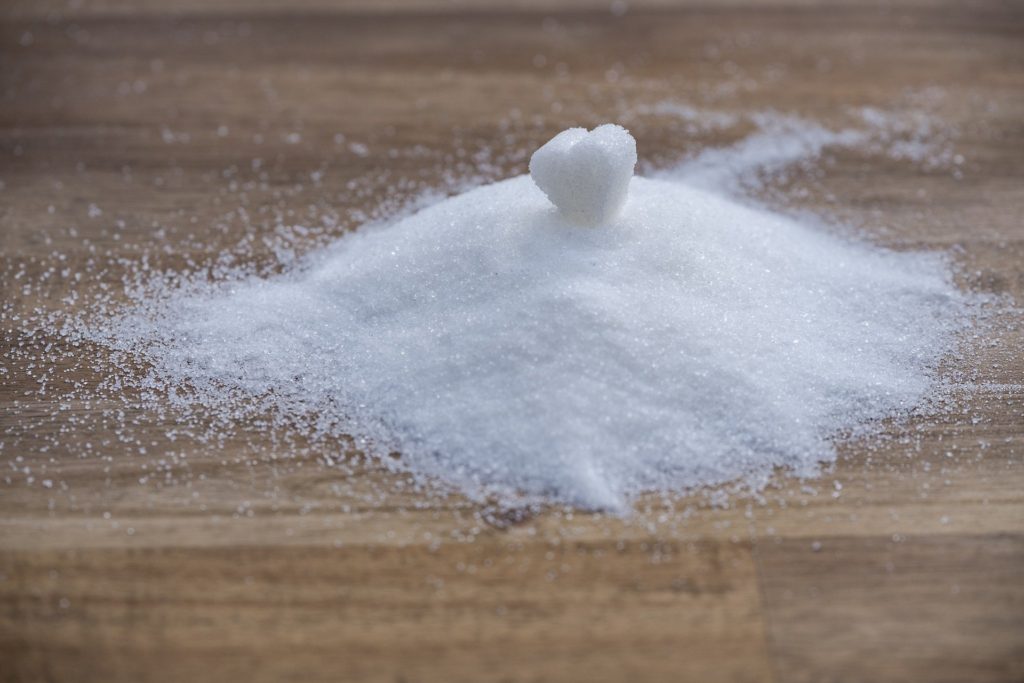Yes, most artificial sweeteners are dangerous.
While most artificial sweeteners aren’t pure evil and some research has shown them to be safe for long-term consumption, other studies have raised concerns about the potential health risks.
In this article, we’ll discuss the risks associated with the most common artificial sweeteners, & their safer, but still zero-calorie alternatives.
What Are Artificial Sweeteners?
Artificial sweeteners are chemicals that are used to replace sugar in various products. They’re often found in diet products, such as diet soda, because they provide a sweet taste without the calories, making them a great option for people trying to lose weight.
Some artificial sweeteners, like saccharin, have been around for decades.
Others, like sucralose, are newer and have not been studied as extensively.
The most common artificial sweeteners are saccharin, aspartame, sucralose, neotame, acesulfame potassium, and advantame.
Stevia, monk fruit, and natural extracts are other types of non-caloric sweeteners that are still considered artificial sweeteners, even though they’re natural.
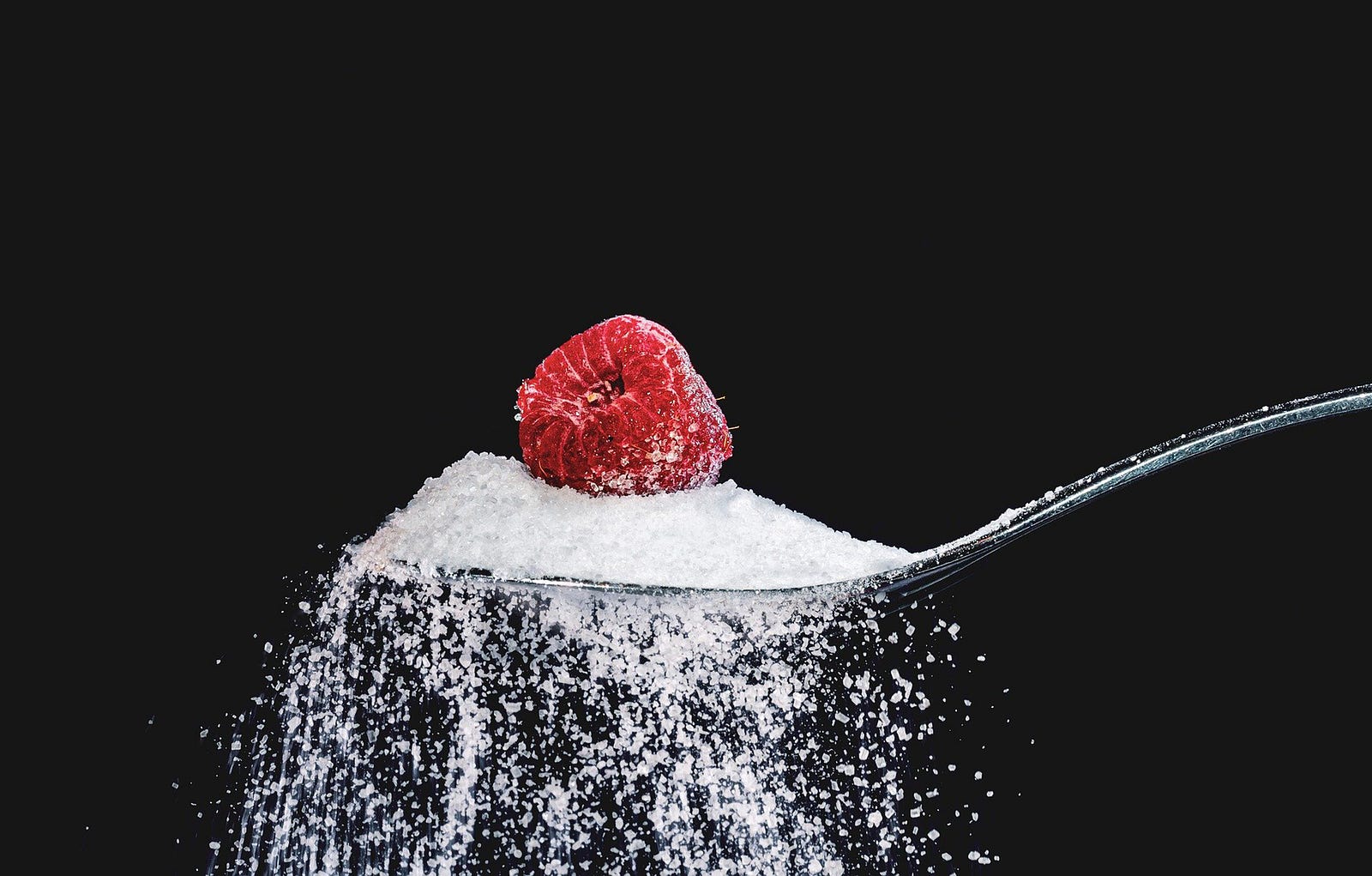
How Do Artificial Sweeteners Work?
Artificial sweeteners are hundreds of times sweeter than regular sugar, so they’re added in tiny amounts to fool our taste buds into thinking we’re eating something sweet.
But, they don’t need to have calories to taste sweet.
Most artificial sweeteners have a similar structure to the molecule of sugar, but some part of it is slightly different.
So, you get the same sweet taste, but without the calories.
Are Artificial Sweeteners Dangerous?
Yes, the most common artificial sweeteners, like saccharin (Sweet ‘N Low,) aspartame (Equal,) sucralose (Splenda,) & acesulfame potassium (Sunnett) are dangerous. This is because they cause oxidative stress on your brain & body, which further down the line can cause health problems like stroke & dementia.
One study found that people who regularly consumed these artificial sweeteners had an increase in their risk for stroke & dementia by 3x!
These sweeteners cause these health problems because they’re toxic, & thus cause oxidative stress on your body.
But, that’s only one group of artificial sweeteners.
Another group of artificial sweeteners that don’t cause these toxic effects are sugar alcohols.
These are the sweeteners that end in “ol,” like maltitol, xylitol, sorbitol, etc.
But, even though these sweeteners don’t cause a toxic effect like the other sweeteners we mentioned, they do cause gut issues like diarrhea.
This is because most sugar alcohols, excluding erythritol, are pathogenic, meaning they feed the bad bacteria in your gut the same way that sugar does.
But, unlike sugar, you only need a small amount of sugar alcohols to severely damage your gut.
So, you may be wondering how you can consume artificial sweeteners without getting either of these negative side effects, & I have the answer.
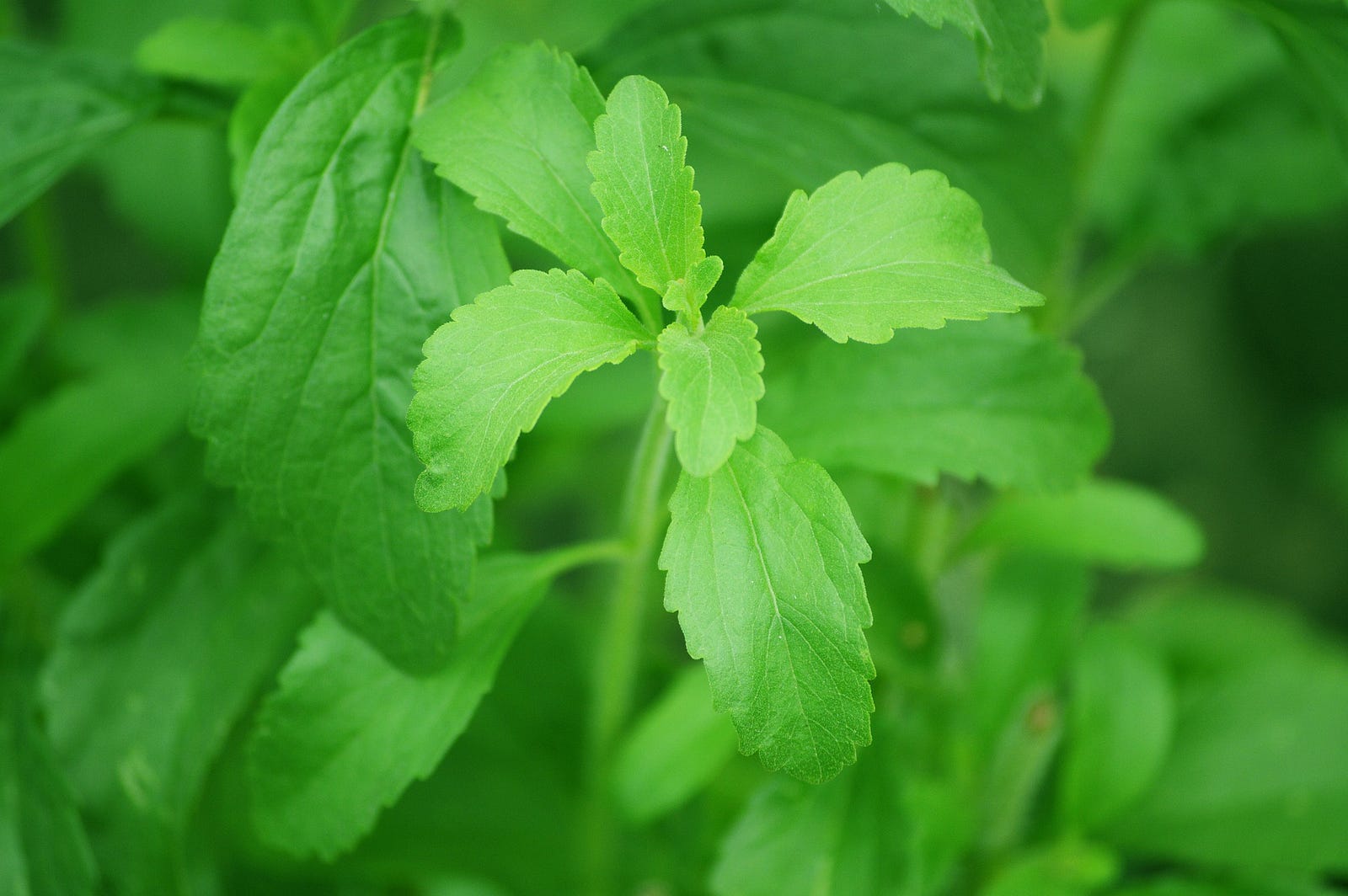
Which Artificial Sweeteners Aren’t Dangerous?
The artificial sweeteners that aren’t dangerous are the natural ones, like stevia, monk fruit, erythritol, & chicory root. Since these sweeteners are natural, they don’t cause a toxic effect on your body like other artificial ones. But, they also don’t cause digestive issues that are known to come from sugar alcohols.
*Note: Some of these links are Amazon affiliate links which I earn a small commission from if you buy from them :)*

Stevia
Stevia is a great natural, zero-calorie alternative to sugar.
Stevia, which is around 200x sweeter than sugar, comes from the extract of the Stevia plant.
It’s one of the most popular zero-calorie sweeteners on the market for people trying to cut sugar out of their diet.
The only drawback with stevia is that since it’s so sweet, you need to be careful with how much you use of it.
If you’re interested in buying stevia, you can buy my favorite one which has a reduced bitter aftertaste here.

Monk Fruit
Monk fruit sweetener, which is the extract from the monk fruit plant, is a great natural, zero-calorie alternative to sugar.
Monk fruit is around 150x sweeter than sugar.
Monk fruit sweetener comes from the extract of the melon-like monk fruit plant, which has been used in China for centuries.
Monk fruit is one of the newer zero-calorie sweeteners on the market, but it’s becoming really popular since it tastes almost identical to sugar.
For people trying to cut sugar out of their diet, I highly recommend buying Lakanto’s Monk Fruit since it tastes so similar to sugar.

Erythritol
Erythritol, which actually comes from Birch trees, is a great natural, zero-calorie alternative to sugar. Since it has zero carbs & calories, it doesn’t raise your insulin or blood sugar. For that reason, erythritol is slowly being used more & more in sugar-free products.
Erythritol has a chemical-sounding name.
But, unlike other sugar alcohols, it’s actually natural & doesn’t cause digestive issues.
Erythritol has around 70% of the sweetness that normal sugar has, so you don’t have to be as careful when using it like with other sweeteners.
One of the cons of erythritol is that, even though it tastes a lot like sugar, it has a cooling effect on your tongue when you eat it.
But, if you’re like me, you don’t care as long as it tastes good!
For people who’re searching for a sugar-free alternative to sugar, but who also dislike the taste of most other sweeteners, I recommend trying erythritol.

Chicory Root/Inulin
Chicory root, which is actually fiber, is a great natural, zero-calorie alternative to sugar. Since it has zero net carbs & calories, it doesn’t raise your insulin. For that reason, chicory root is becoming more popular in the low-carb diet space.
Chicory root, which is the root of the chicory plant, is a fiber.
But, it contains inulin inside it, which’s sweet.
Chicory root, like erythritol, has around 70% of the sweetness that normal sugar has.
In one study, people consuming chicory root experienced a decrease in appetite, which then lead to weight loss.
But, one of the cons of chicory root is that it gels up when it touches water, so you can’t use it in the same way that you use sugar.
But, if you’re like me, you don’t care as long as it tastes good!
If you’re interested in buying chicory root, you can buy it here.
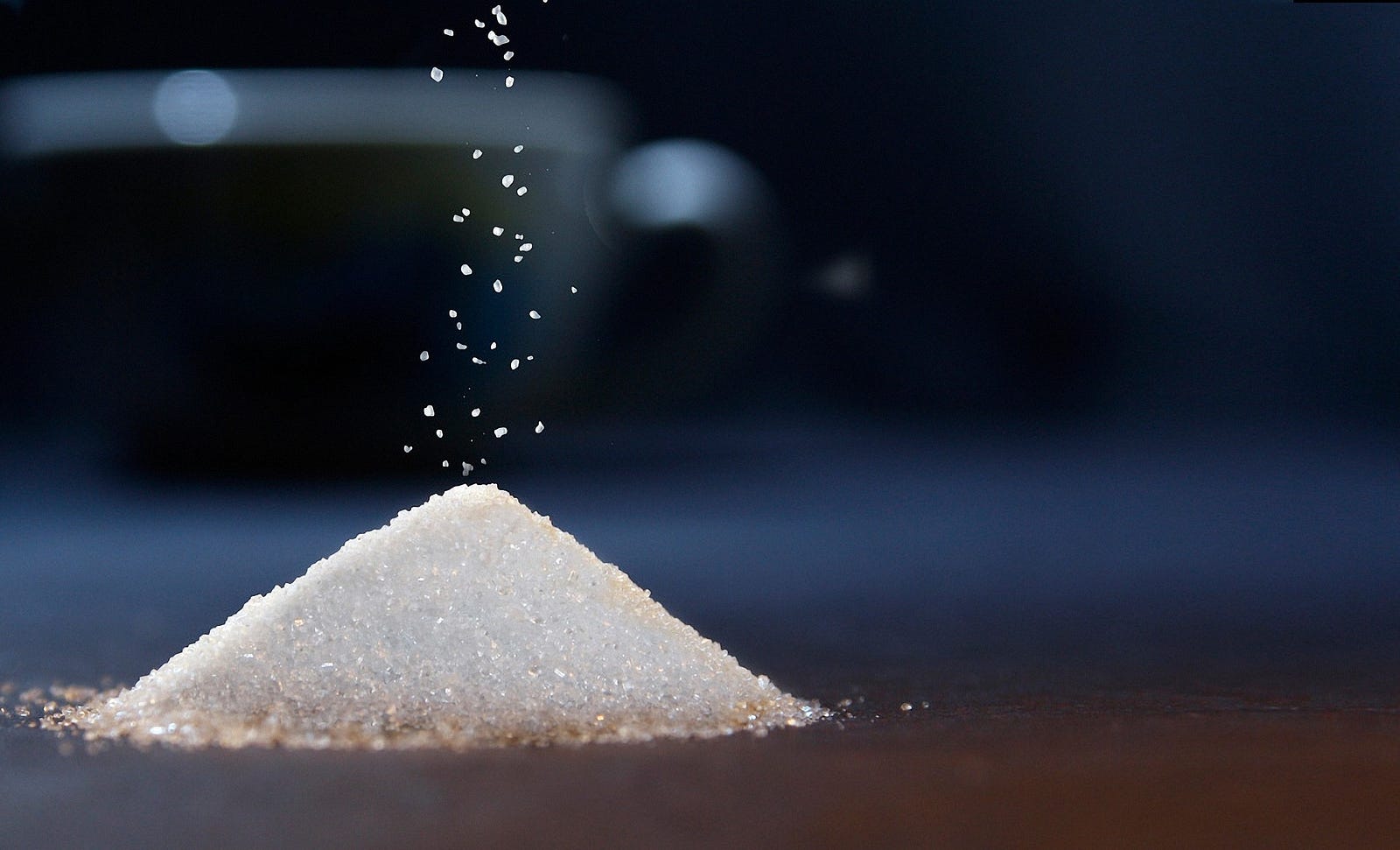
Conclusion
In conclusion, most artificial sweeteners are dangerous. This is because many artificial sweeteners cause neurotoxic effects, which can lead to brain damage, & thus problems like stroke & dementia further down the line.
Instead of consuming artificial sweeteners, it’s better to choose natural zero-calorie sweeteners like stevia & monk fruit that don’t cause these negative side effects.
If you want to find out if artificial sweeteners are addictive or not & if you should give them up entirely, you can read my article here where I discuss the science & share my experience with artificial sweeteners.
- Can You Still Lose Weight If You Aren’t in Ketosis? - February 8, 2023
- Can the Keto Diet Help With Depression? - February 8, 2023
- Why Does Processed Food Make You Fat? - January 2, 2023

